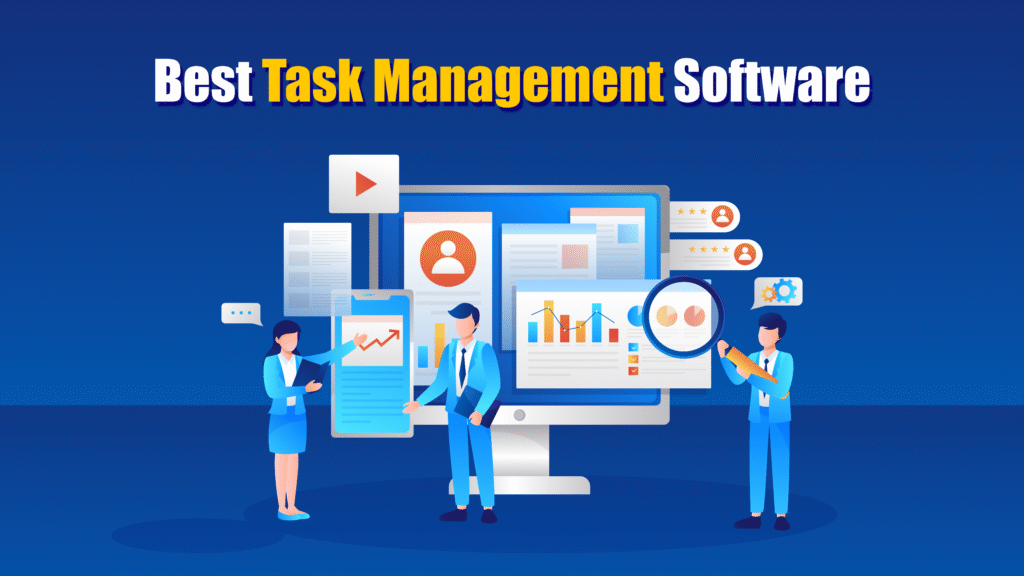Choosing the right task management software is essential for enhancing team productivity, streamlining project workflows, and ensuring real-time collaboration. In 2026, task management platforms have transformed from simple to-do lists into powerful, AI-enabled work management hubs that support remote work, agile methodologies, and cross-functional collaboration.
These modern solutions empower businesses of all sizes — from startups to large enterprises — by offering tools that help teams plan, assign, monitor, and complete tasks with improved efficiency and accountability. Whether you’re managing marketing campaigns, software development sprints, or day-to-day business operations, there is a task management tool tailored to your needs.
In this comprehensive guide, we present the Top 15 Best Task Management Software in 2026, each offering unique features and capabilities to address various organizational requirements across industries.
15 Best Task Management Tools in 2026 – Overview
As the American workplace evolves with hybrid teams, remote-first culture, and a growing reliance on automation, task management platforms now include:
- AI-powered productivity insights
- Time tracking and workload balancing
- Integration with communication and calendar tools
- Mobile and offline accessibility
- Collaboration across departments and geographies
- Customizable dashboards and workflows
Here is a quick look at the top task management tools for 2026:
- ClickUp – Best for comprehensive task and project management with AI integration
- Monday.com – Ideal for visual project planning and marketing teams
- Asana – Top choice for remote teams and cross-functional workflows
- Wrike – Excels in scalability and customization
- Smartsheet – Spreadsheet-style task management with robust reporting
- Trello – Simplifies workflows with Kanban-style boards
- Jira – Agile tool best suited for software development teams
- Zoho Projects – Affordable project management for small businesses
- Teamwork – Client-focused collaboration and billing features
- Notion – Combines task tracking with documents and wikis
- Airtable – Flexible spreadsheet-database hybrid for task planning
- Todoist – Personal and professional task tracking with smart inputs
- ProofHub – All-in-one platform with time tracking and discussions
- Connecteam – Mobile-first tool for field teams and small businesses
- Hive – Collaborative tool with built-in email, chat, and automation
How This List Was Created
Our expert team evaluated task management platforms using key criteria tailored for U.S.-based businesses in 2025. We prioritized tools that offer real value, usability, and long-term scalability. Here’s what we considered:
- Pricing Models: Subscription flexibility, free tiers, and cost-effectiveness for individuals, SMBs, and enterprises.
- Features and Functionality: Support for task assignment, workflow automation, project views (like Kanban or Gantt), time tracking, integrations, reporting, and more.
- Ease of Use: Platforms were ranked based on user onboarding, intuitive interfaces, and learning curve.
- Scalability: We assessed how well each platform grows with team size and complexity of operations.
- Integrations: Compatibility with common tools like Slack, Google Workspace, Zoom, GitHub, and others was essential.
- Collaboration: Real-time communication features, mobile apps, and file sharing were considered vital for distributed teams.
- Security & Compliance: We considered encryption, permission controls, user access, and enterprise-grade data security.
Pricing Overview for Different Business Sizes
Small Businesses and Startups
Affordability and ease of use are top priorities. Platforms like Trello, Todoist, and Zoho Projects offer streamlined features without the bulk, making them great choices for growing teams.
- Trello: Free core features; paid plans from $5/user/month.
- Todoist: Free for individuals; premium starts at $4/user/month.
- Zoho Projects: Starts at $5/user/month with essential tools included.
These tools offer simplicity with enough flexibility to manage core operations and task delegation.
Growing Teams and Mid-Sized Businesses
Mid-size companies often need a balance of power, automation, and analytics. ClickUp, Asana, and Monday.com provide scalable plans with detailed reporting, AI features, and integrations.
- ClickUp: Starts at $7/user/month, with free forever tier.
- Asana: Free basic tier; premium from $10.99/user/month.
- Monday.com: Plans from $8/user/month with visual dashboards.
These platforms help teams automate workflows, manage resource allocation, and collaborate across departments.
Large Enterprises
Enterprises require advanced capabilities like custom workflows, portfolio management, enhanced security, and enterprise integrations. Tools like Wrike, Jira, and Smartsheet are built for complex operations.
- Wrike: Paid plans from $9.80/user/month with enterprise options.
- Jira: Tailored for software teams; starts at $7.75/user/month.
- Smartsheet: Starts at $7/user/month with spreadsheet-like flexibility.
These tools are suitable for multi-departmental collaboration, high-level project tracking, and custom workflow configuration.
#1. ClickUp
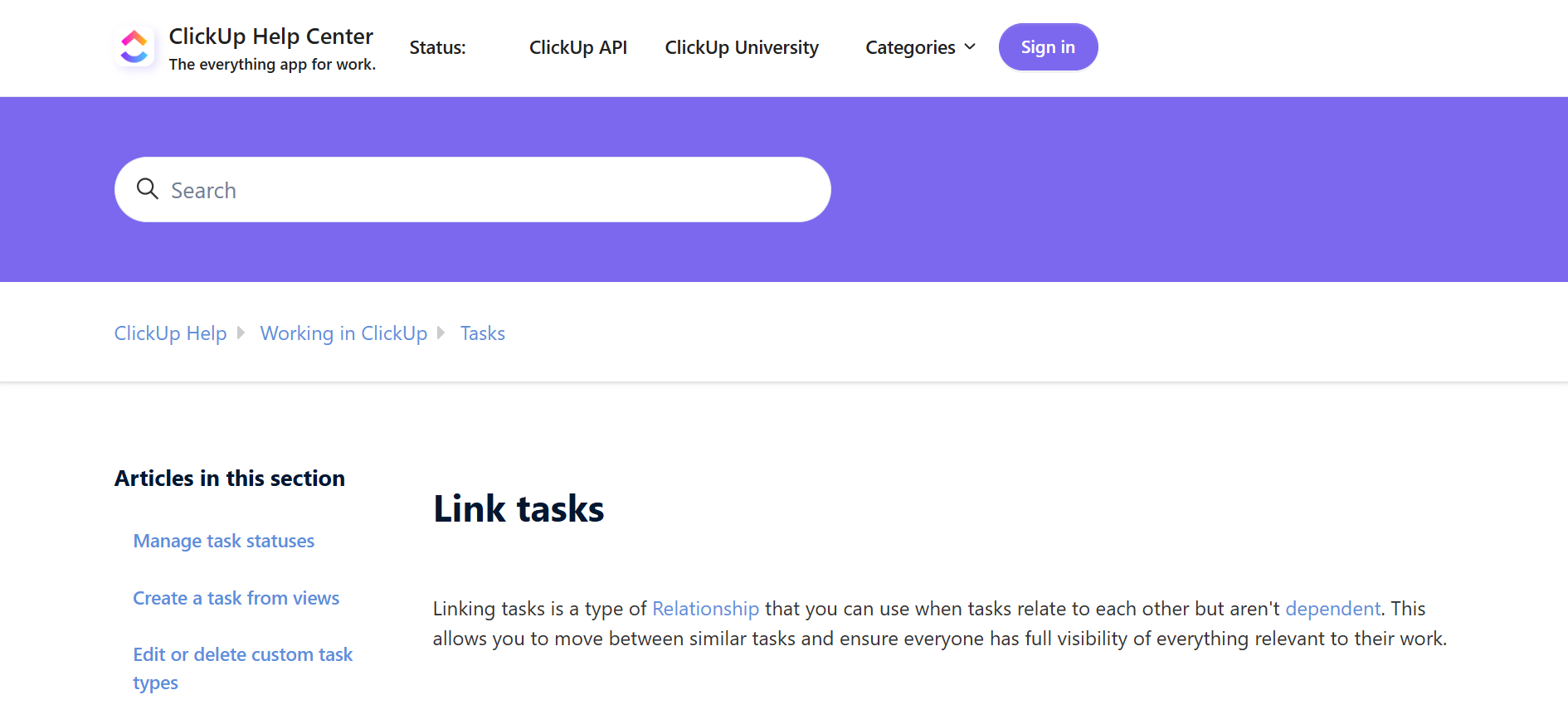
Overview: ClickUp is a comprehensive task and project management solution that stands out for its versatility, deep customization, and AI-powered productivity tools. It’s suitable for teams of all sizes and industries.
Key Features
- Customizable task statuses, views, and workflows
- AI assistant for task creation, summarization, and automation
- Time tracking, goal setting, and document collaboration
- Integrations with Slack, Google Workspace, Zoom, and more
- Dashboards and reporting tools for performance monitoring
Pros
- Highly flexible and feature-rich
- All-in-one hub for project management and communication
- Regular updates with new productivity features
Cons
- Steep learning curve due to extensive features
- Can be overwhelming for smaller teams or simple use cases
Pricing
- Free Forever plan available
- Paid plans start at $7/month per user
Final Verdict
ClickUp is best for businesses looking for a customizable all-in-one task management tool with advanced AI capabilities.
#2. Monday.com
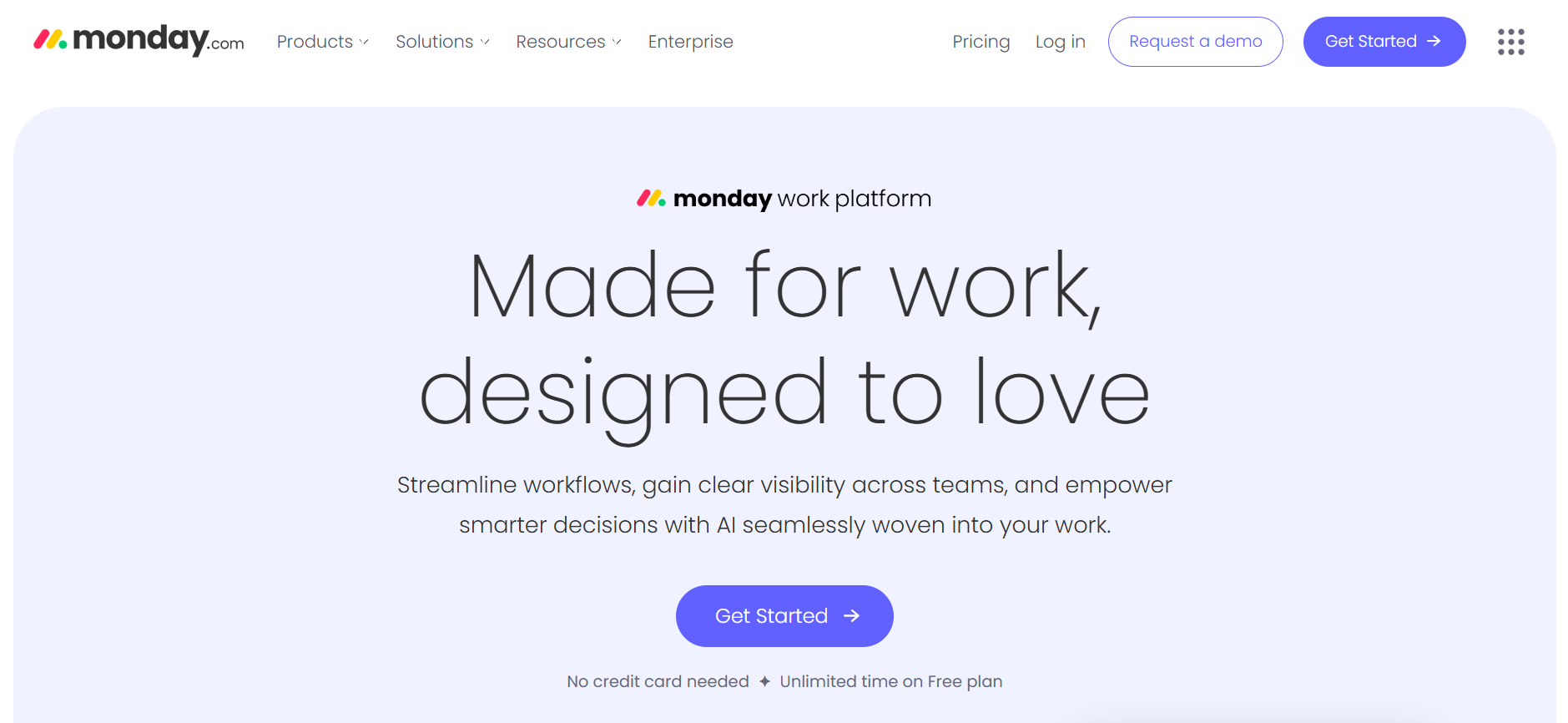
Overview: Monday.com is a visually intuitive platform ideal for marketing, design, and operations teams. It helps manage projects, tasks, and workflows through color-coded boards and automation.
Key Features
- Customizable dashboards and workflow automation
- Visual project tracking with Kanban, Gantt, and Calendar views
- Time tracking and resource management
- Advanced reporting and integrations
- Templates for marketing, sales, HR, and more
Pros
- Easy to use with minimal setup time
- Highly visual and engaging interface
- Extensive integration library
Cons
- Can become expensive as team size grows
- Limited functionality on the basic plan
Pricing
- Free plan for individuals
- Paid plans start at $8/month per user
Final Verdict
Monday.com is perfect for teams needing an intuitive, visual planning and collaboration tool.
#3. Asana
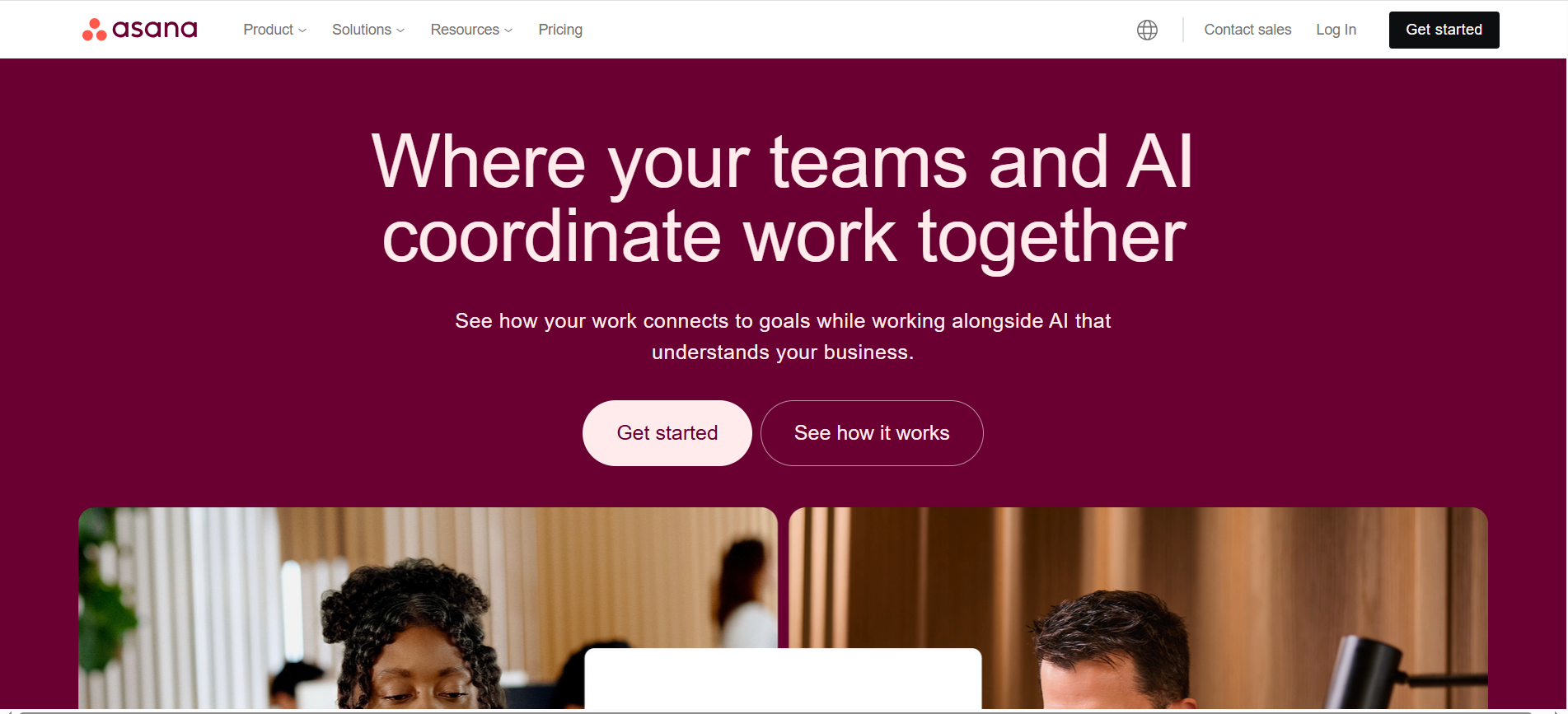
Overview: Asana is designed for managing tasks across remote and cross-functional teams. Its intuitive design and robust automation capabilities make it popular among product, operations, and marketing teams.
Key Features
- Project views: List, Board, Timeline, and Calendar
- Rules for automating routine task actions
- Goals tracking and reporting dashboards
- App integrations (Zoom, Slack, Gmail, etc.)
- Workflow Builder for visual automation
Pros
- Intuitive and user-friendly interface
- Strong automation and team coordination features
- Suitable for both small teams and large organizations
Cons
- Advanced features only in premium plans
- Limited reporting on the free tier
Pricing
- Free basic plan
- Paid plans start at $10.99/month per user
Final Verdict
Asana excels in team coordination and remote work management, especially for growing companies.
#4. Wrike
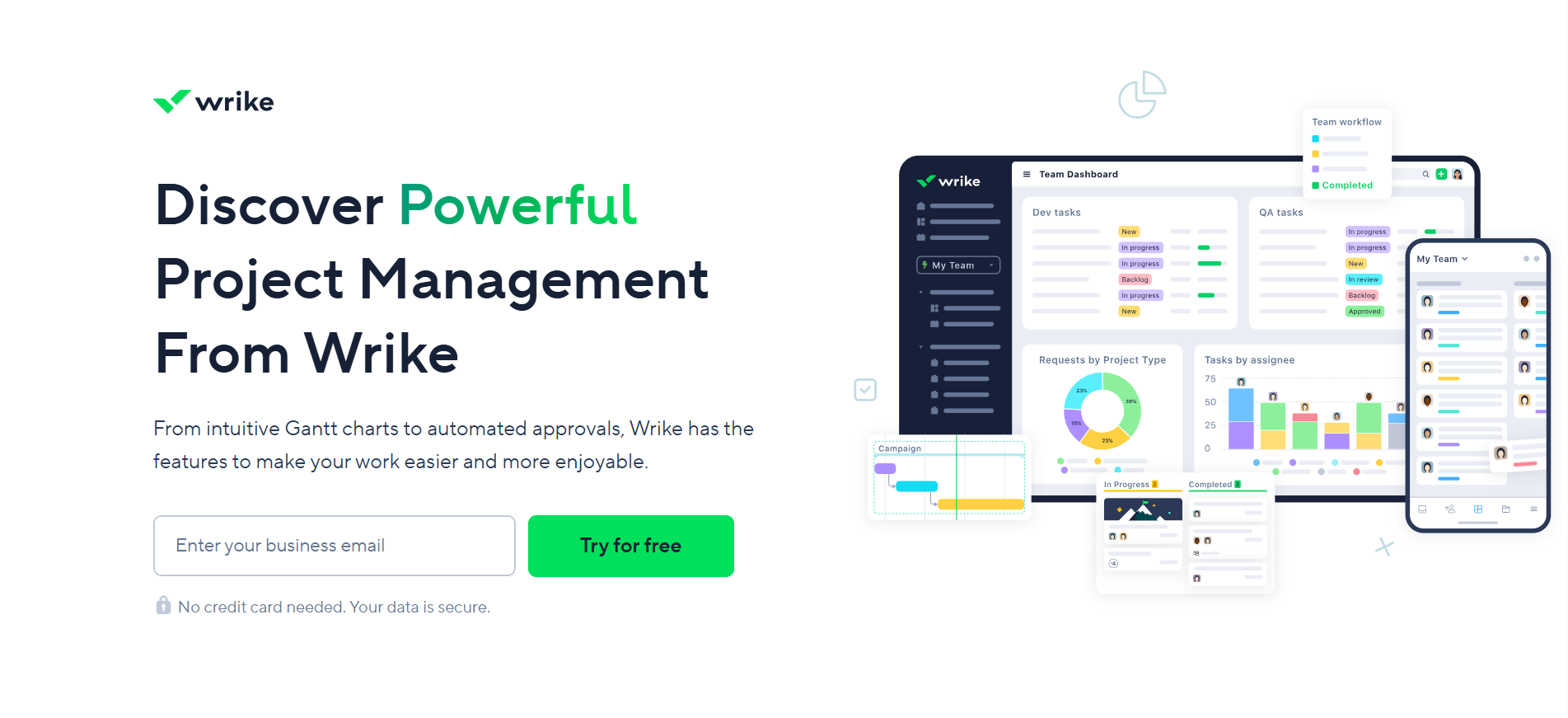
Overview: Wrike is an enterprise-grade task and project management tool built for scalability and customization, catering to large teams with complex workflows.
Key Features
- Custom workflows and task dependencies
- Real-time reporting and analytics
- Resource and time tracking
- AI-powered risk prediction and automation
- Integration with over 400 tools including Salesforce and Microsoft Teams
Pros
- Extremely scalable and feature-rich
- Powerful reporting and analytics
- Supports complex enterprise workflows
Cons
- Learning curve for new users
- Can be expensive for smaller teams
Pricing
- Free plan available
- Paid plans start at $9.80/month per user
Final Verdict
Wrike is ideal for large enterprises and teams with advanced task management and reporting needs.
#5. Smartsheet
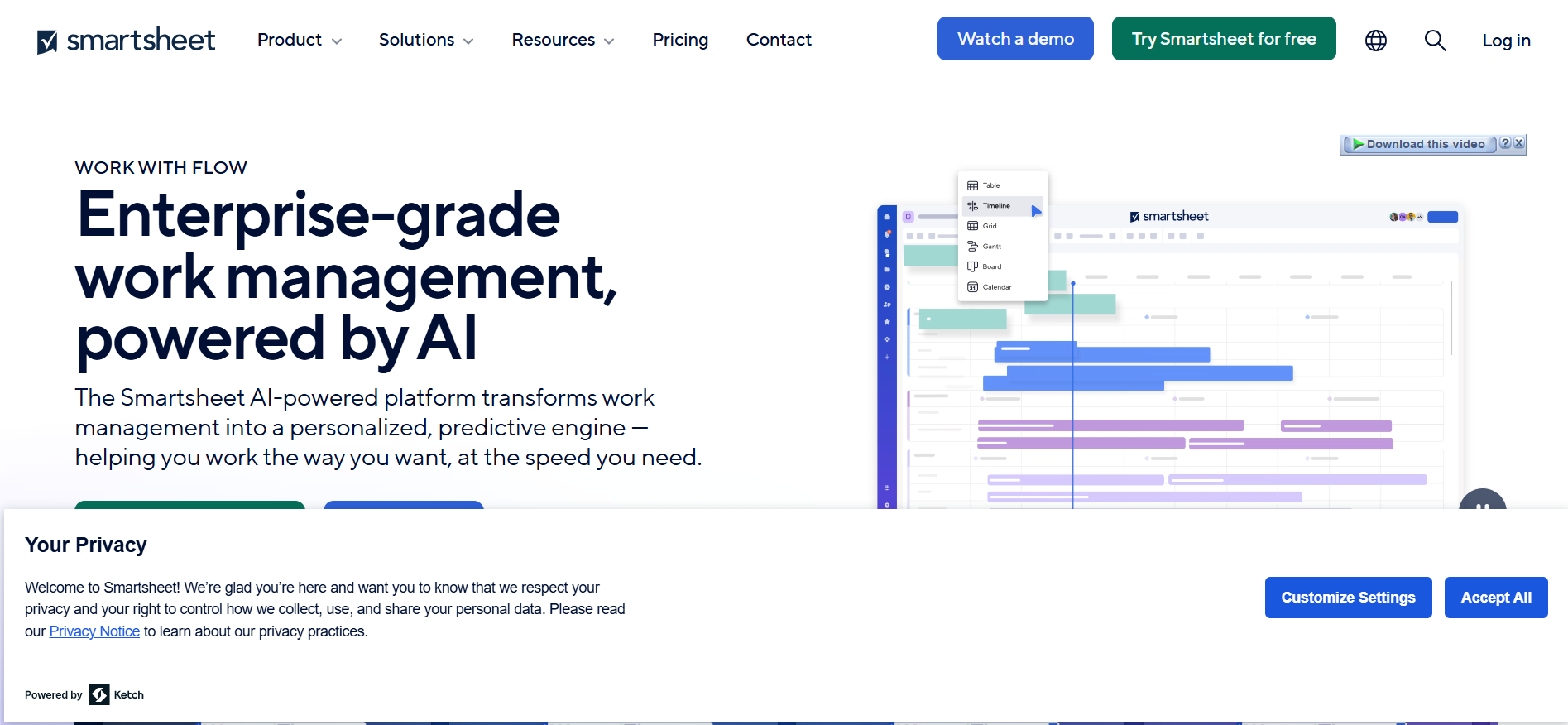
Overview: Smartsheet brings the power of spreadsheets to project management, ideal for teams that prefer structured, data-driven workflows.
Key Features
- Grid, Gantt, Card, and Calendar views
- Automated workflows and notifications
- Resource management and time tracking
- Integration with Microsoft 365, Google Workspace, and Tableau
- AI-powered insights and reporting
Pros
- Familiar spreadsheet-style interface
- Great for data-intensive project planning
- Strong automation and visualization tools
Cons
- Can feel outdated for non-spreadsheet users
- Limited functionality in the free tier
Pricing
- Free trial available
- Paid plans start at $7/month per user
Final Verdict
Smartsheet is perfect for data-focused teams who want spreadsheet familiarity with powerful automation.
#6. Trello
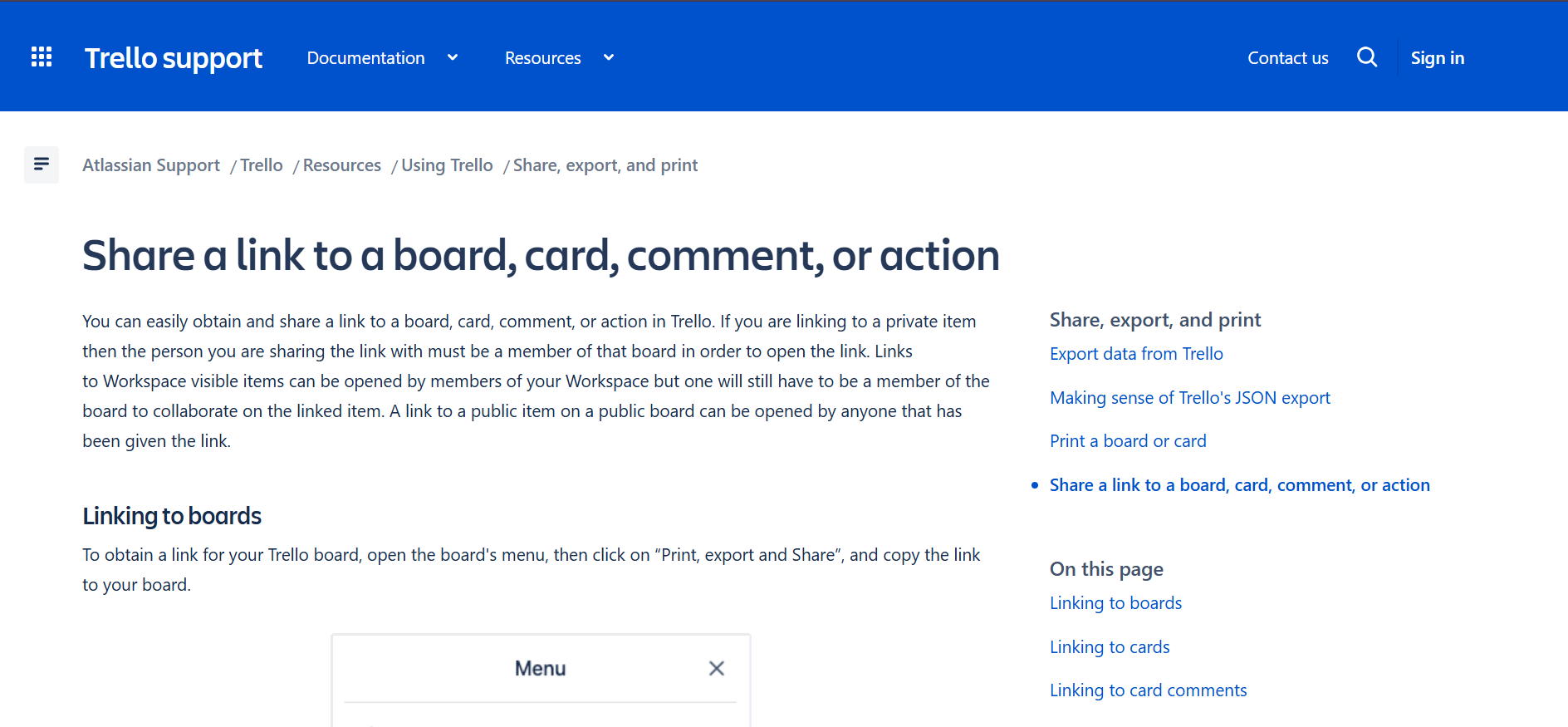
Overview: Trello is a simple, user-friendly Kanban-based task management tool ideal for individuals and small teams managing lightweight projects.
Key Features
- Drag-and-drop Kanban boards
- Checklists, due dates, and file attachments
- Butler automation for repetitive tasks
- Power-Ups for added features like calendar view and integrations
- Mobile apps for iOS and Android
Pros
- Extremely easy to use and quick to set up
- Great for visual task tracking
- Free plan includes core features
Cons
- Limited advanced features
- Scalability is a challenge for larger teams
Pricing
- Free plan available
- Paid plans start at $5/month per user
Final Verdict
Trello is best for individuals and small teams that want a lightweight, visual way to manage tasks.
#7. Jira
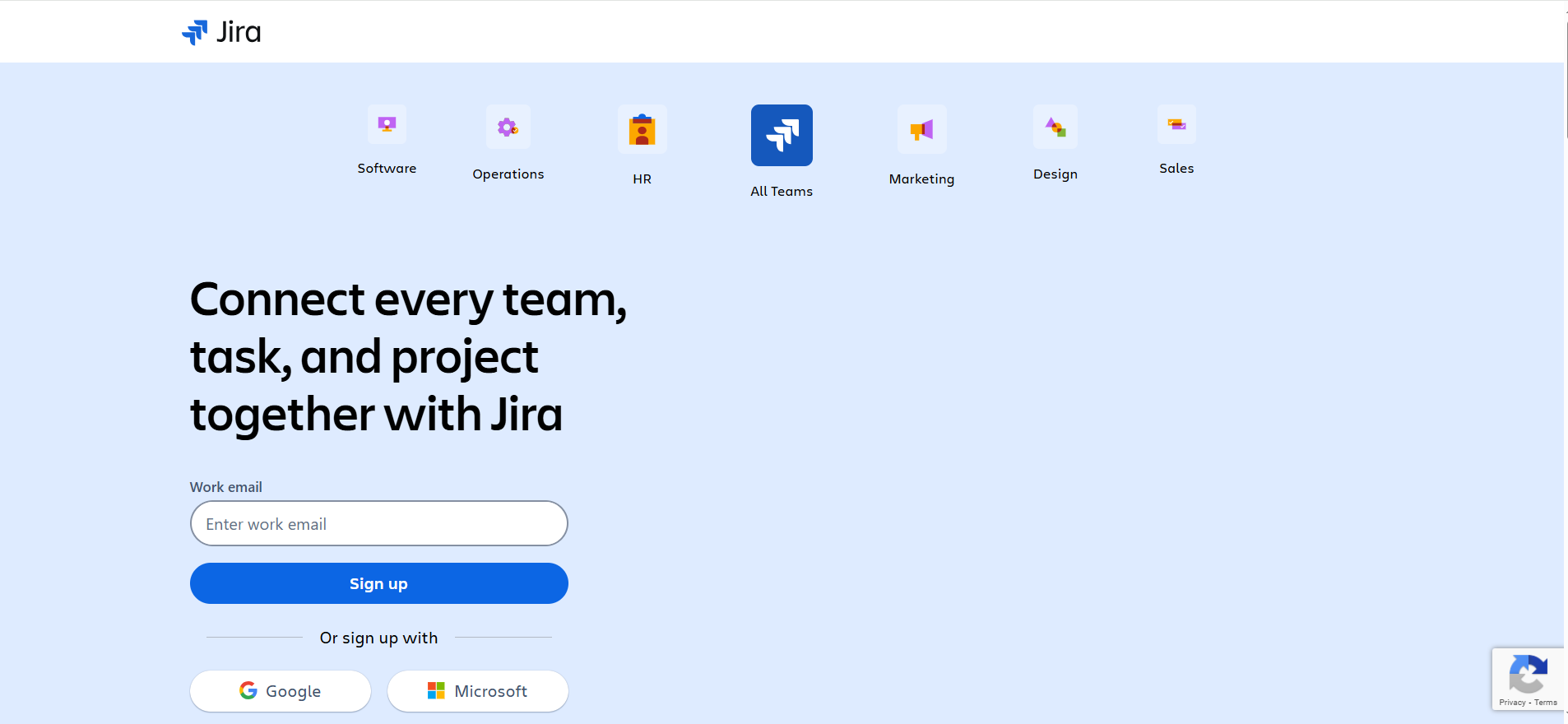
Overview: Jira is an agile project management tool built for software development teams, offering robust features for sprint planning, bug tracking, and DevOps.
Key Features
- Scrum and Kanban boards
- Roadmaps for long-term planning
- Custom workflows and automation
- Integration with Confluence, Bitbucket, GitHub
- Advanced reporting and velocity charts
Pros
- Excellent for agile and DevOps teams
- Highly customizable workflows
- Strong ecosystem and plugin support
Cons
- Steep learning curve for new users
- Best suited for technical teams
Pricing
- Free plan for up to 10 users
- Paid plans start at $7.75/month per user
Final Verdict
Jira is the go-to task management solution for agile development teams needing sprint planning and issue tracking.
#8. Zoho Projects
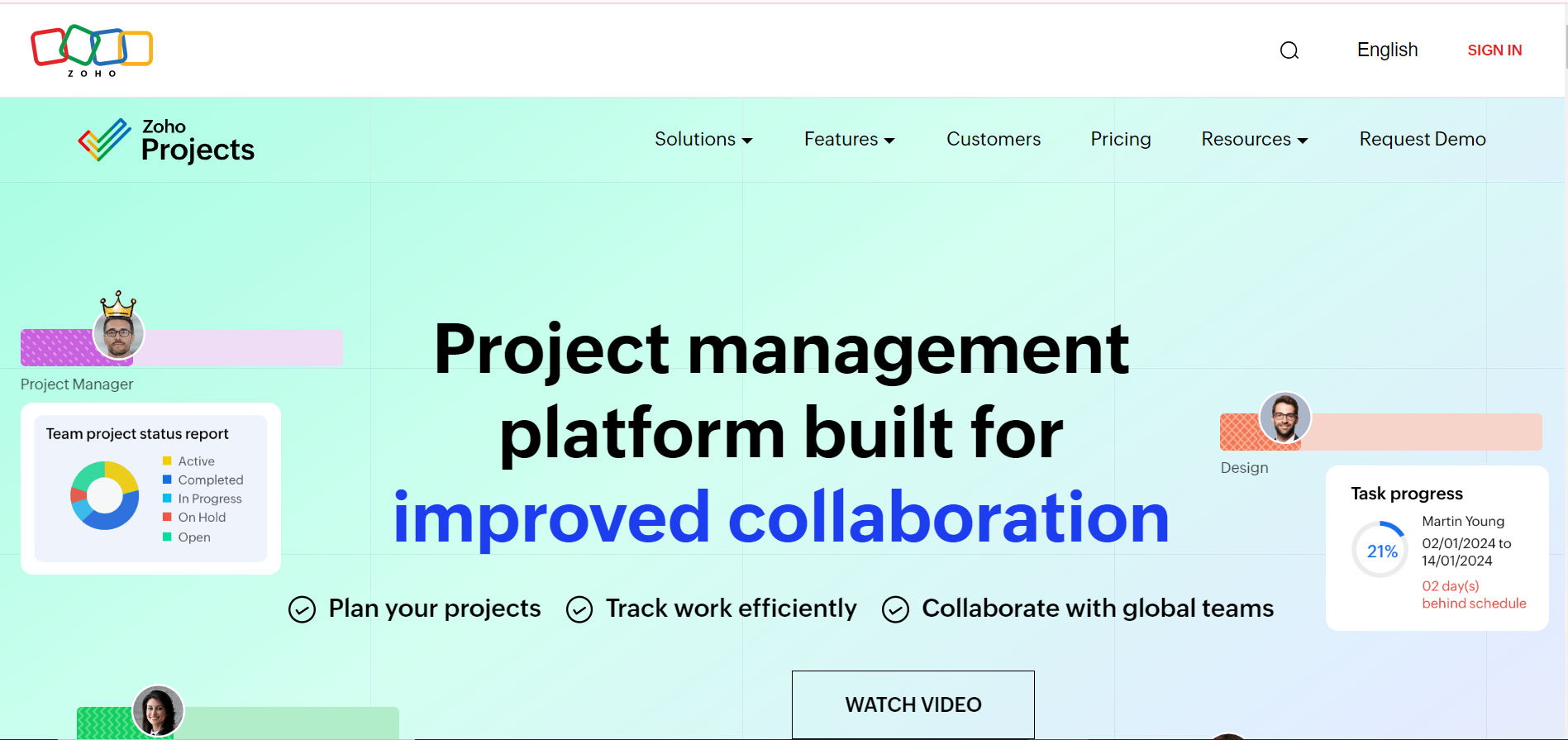
Overview: Zoho Projects is a cost-effective project management tool for small and medium-sized businesses, offering a clean interface and essential features.
Key Features
- Task lists, milestones, and time tracking
- Gantt charts and resource utilization
- Issue tracking and document management
- Integrations with Zoho Suite, Google Workspace, Microsoft
- Automation with Blueprint feature
Pros
- Affordable and scalable
- Seamless integration with Zoho ecosystem
- Simple and clean UI
Cons
- Limited advanced analytics
- Learning curve for customization
Pricing
- Free plan available
- Paid plans start at $5/month per user
Final Verdict
Zoho Projects is best for SMBs looking for a reliable, cost-effective project and task management tool.
#9. Teamwork
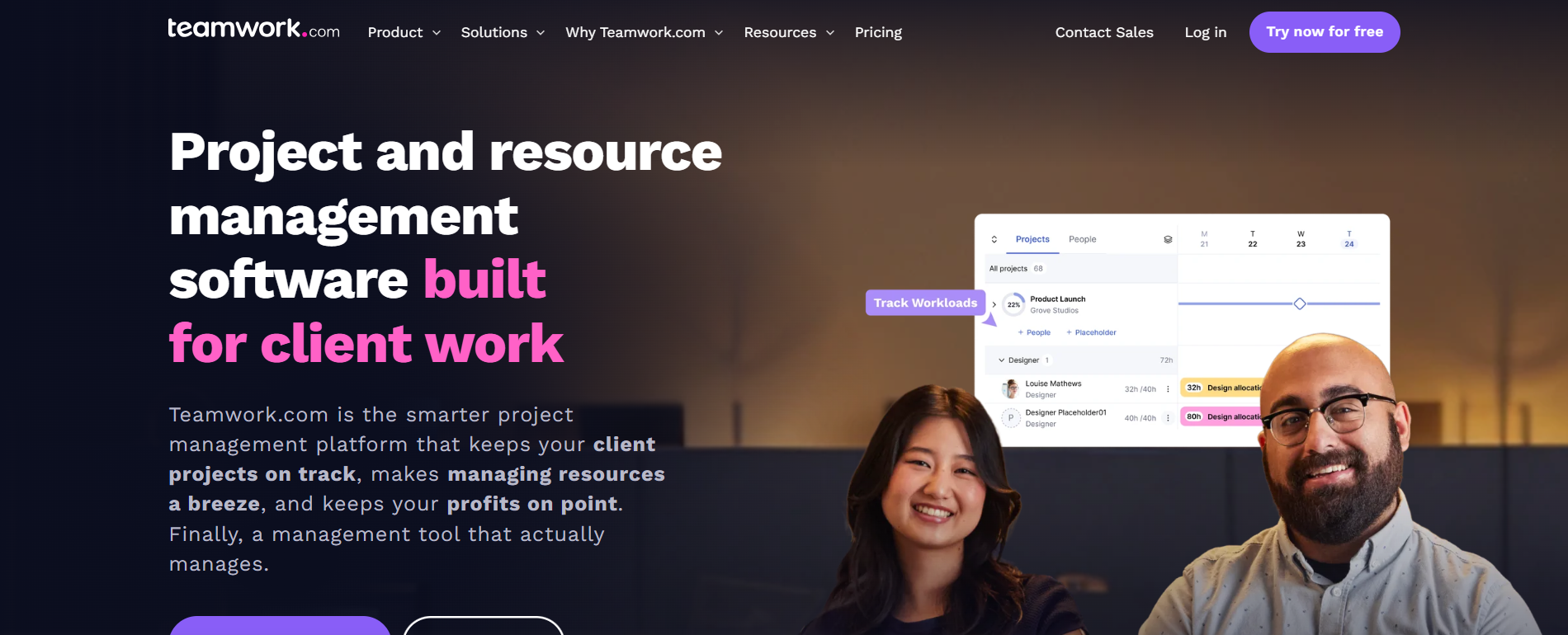
Overview: Teamwork is a project management platform designed with client services in mind, offering advanced collaboration and billing features.
Key Features
- Task lists, Gantt charts, and board views
- Time tracking and invoicing
- Client access and permission control
- Built-in chat and document sharing
- Integration with HubSpot, Slack, Dropbox, and more
Pros
- Ideal for client-facing teams
- Robust time and billing tools
- User-friendly and scalable
Cons
- May lack advanced developer tools
- Some features limited to higher-tier plans
Pricing
- Free plan available
- Paid plans start at $5.99/month per user
Final Verdict
Teamwork is great for service-based businesses and agencies needing task management with time and client billing.
#10. Notion
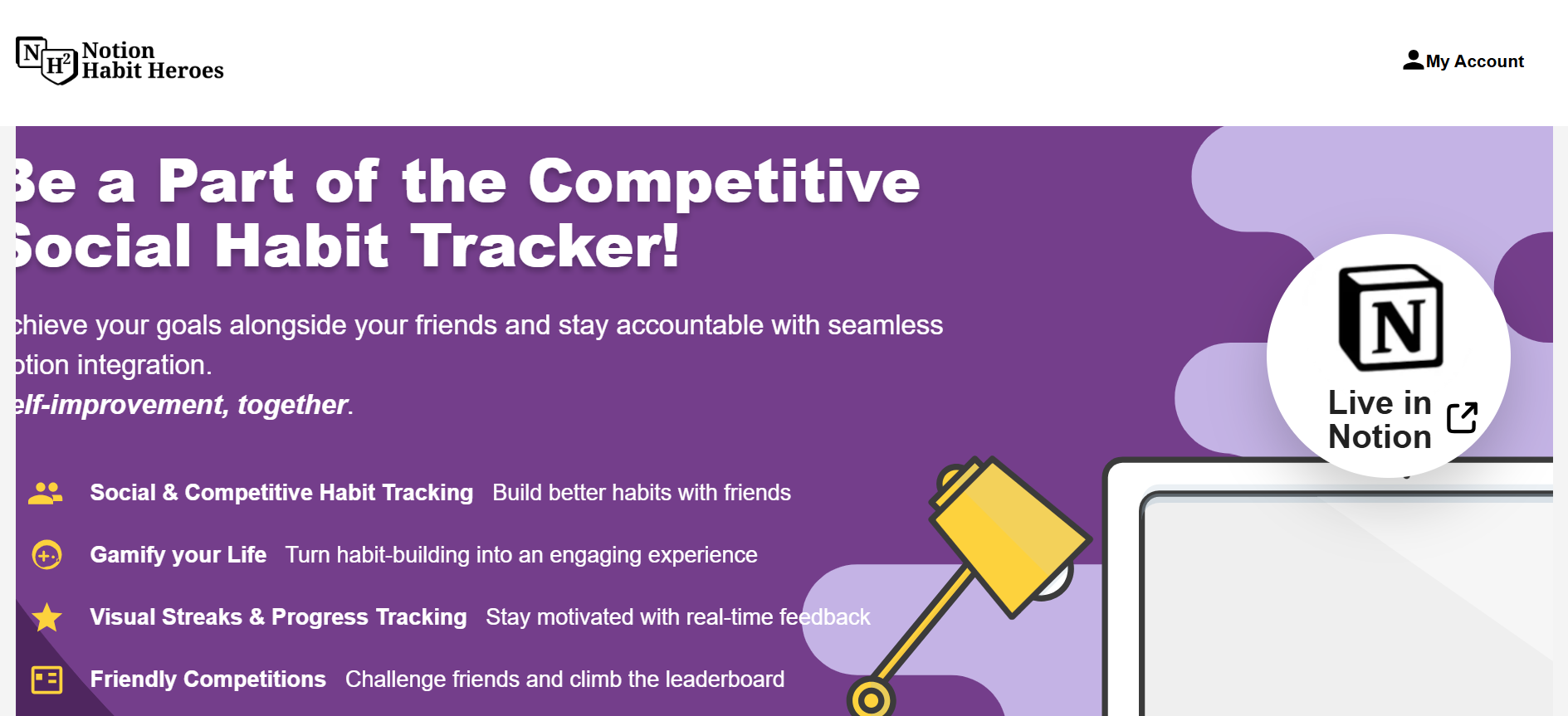
Overview: Notion combines note-taking, databases, and task management into one workspace, ideal for creative teams and content planning.
Key Features
- Customizable databases and views
- Kanban boards, calendars, tables, timelines
- Rich text editing and collaborative documents
- Template library for project planning
- Real-time team collaboration
Pros
- Highly flexible and customizable
- Combines tasks, docs, and wikis
- Ideal for content and design teams
Cons
- Limited native PM features
- Steeper learning curve for advanced layouts
Pricing
- Free plan available
- Paid plans start at $8/month per user
Final Verdict
Notion is perfect for teams needing both task management and documentation in one space.
#11. Airtable
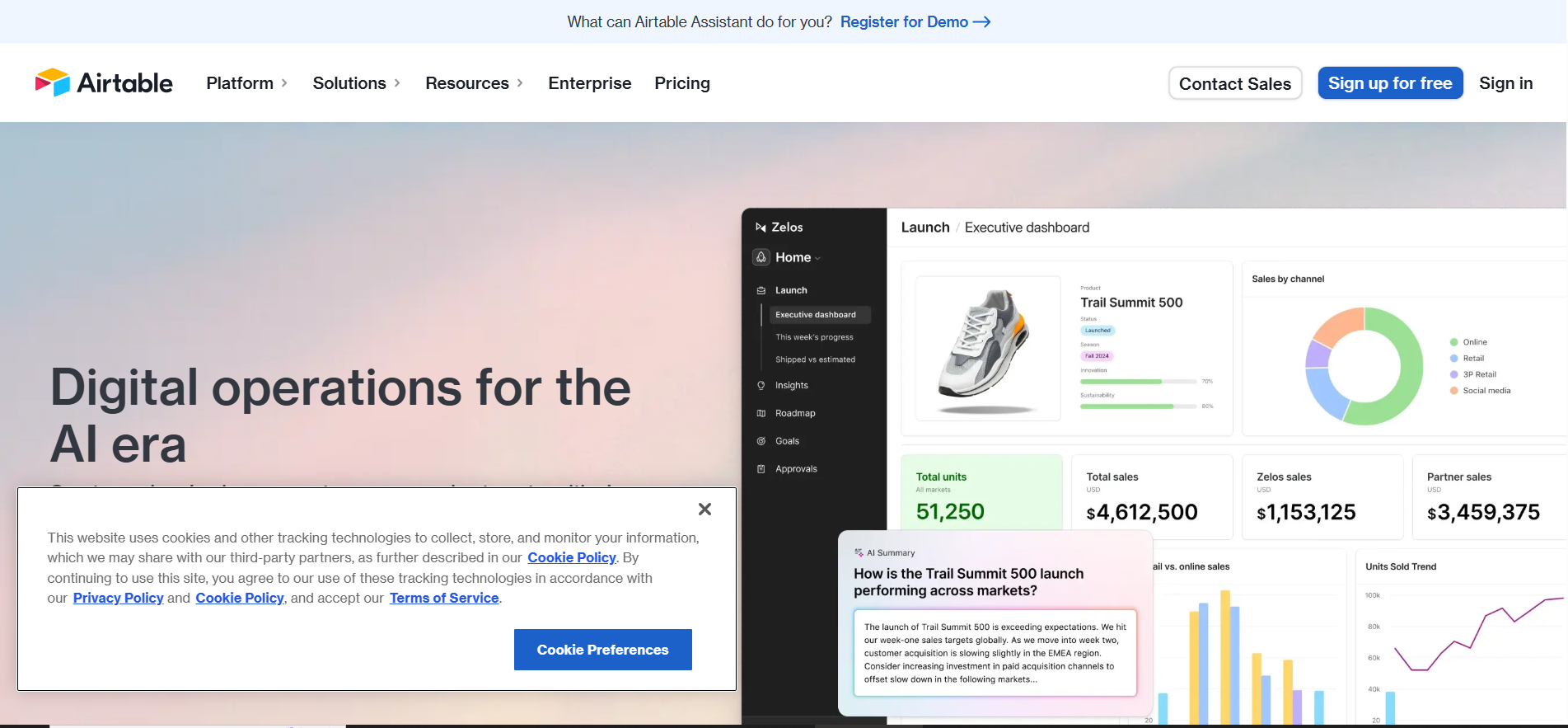
Overview: Airtable merges the simplicity of spreadsheets with the power of databases, providing a flexible way to manage tasks and projects.
Key Features
- Grid, Kanban, Calendar, and Gantt views
- Rich field types and linked records
- Automations and integrations (Zapier, Slack, etc.)
- Interface Designer for custom dashboards
- Real-time collaboration tools
Pros
- Great balance between spreadsheet and database
- Highly customizable for various use cases
- Scalable across departments
Cons
- Requires setup to unlock full potential
- Can be overkill for simple projects
Pricing
- Free plan available
- Paid plans start at $10/month per user
Final Verdict
Airtable is ideal for teams seeking powerful task management with spreadsheet-like structure and flexible customization.
#12. Todoist
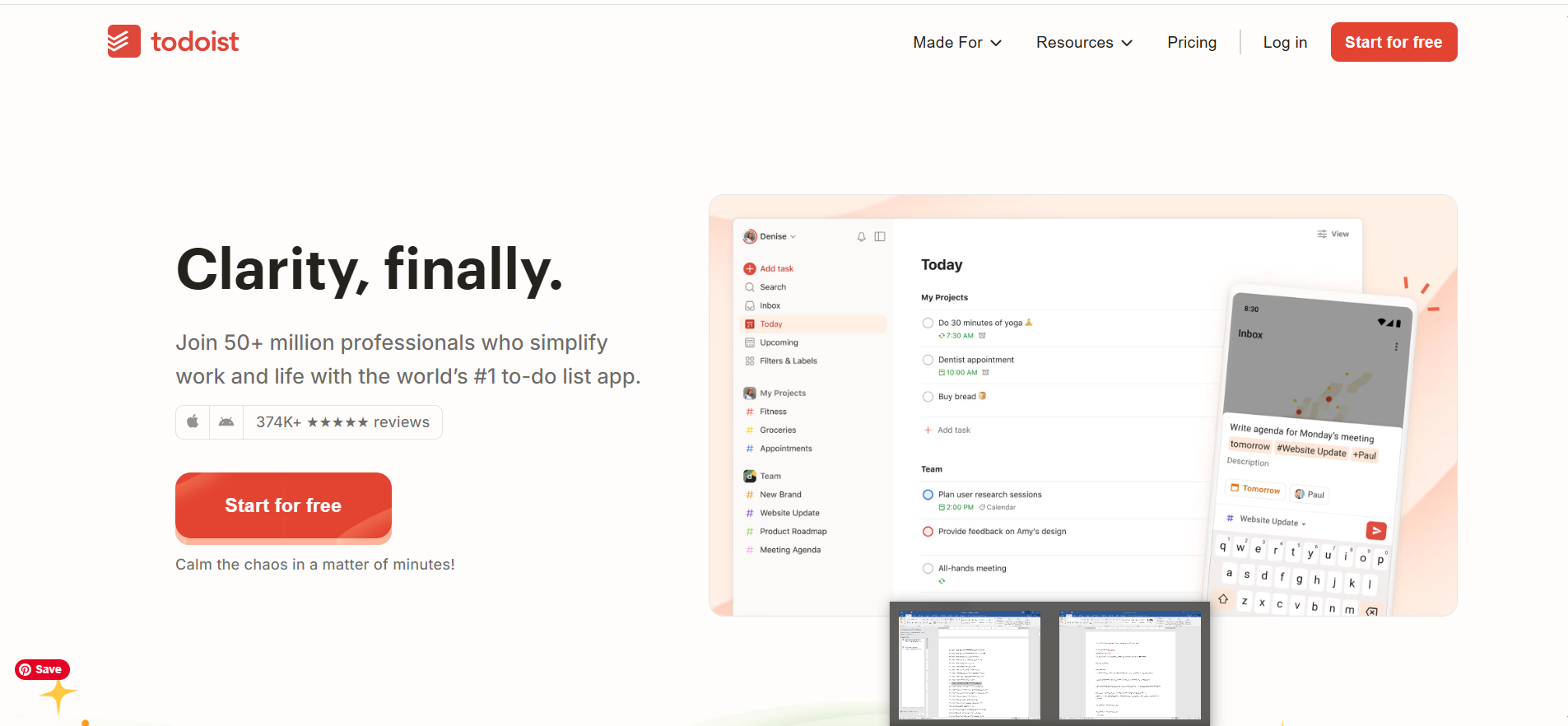
Overview: Todoist is a simple yet powerful task manager for individuals and teams, emphasizing minimalism and ease of use.
Key Features
- Natural language task input
- Recurring due dates and priority levels
- Productivity reports and goals
- Project and label organization
- Integrations with calendar, Slack, and more
Pros
- Easy to use and fast to set up
- Great for personal and small team productivity
- Excellent mobile app
Cons
- Limited features for complex project management
- Collaboration features are basic
Pricing
- Free plan available
- Paid plans start at $4/month per user
Final Verdict
Todoist is best for users needing a lightweight task manager for personal or small team productivity.
#13. ProofHub
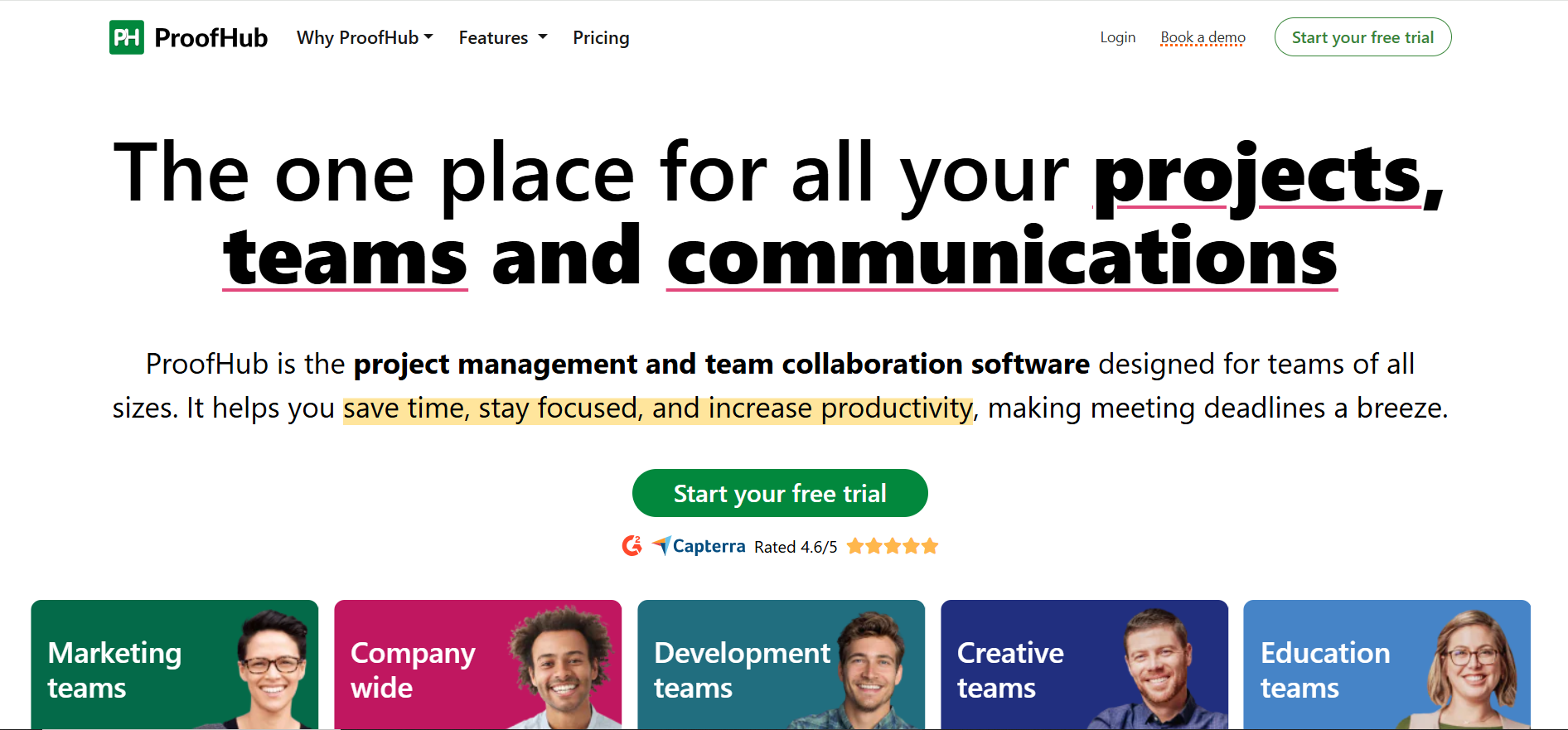
Overview: ProofHub is an all-in-one task management and collaboration platform for teams seeking a unified workspace.
Key Features
- Task lists, Kanban boards, Gantt charts
- Time tracking and custom workflows
- Built-in chat and notes
- File management and discussions
- Multilingual interface support
Pros
- No per-user pricing
- Good for centralizing work and communication
- Simple and intuitive interface
Cons
- Fewer integrations than competitors
- Basic reporting and automation
Pricing
- Fixed pricing: starts at $45/month (billed annually)
Final Verdict
ProofHub is great for teams looking for flat pricing and a centralized task management tool.
#14. Connecteam
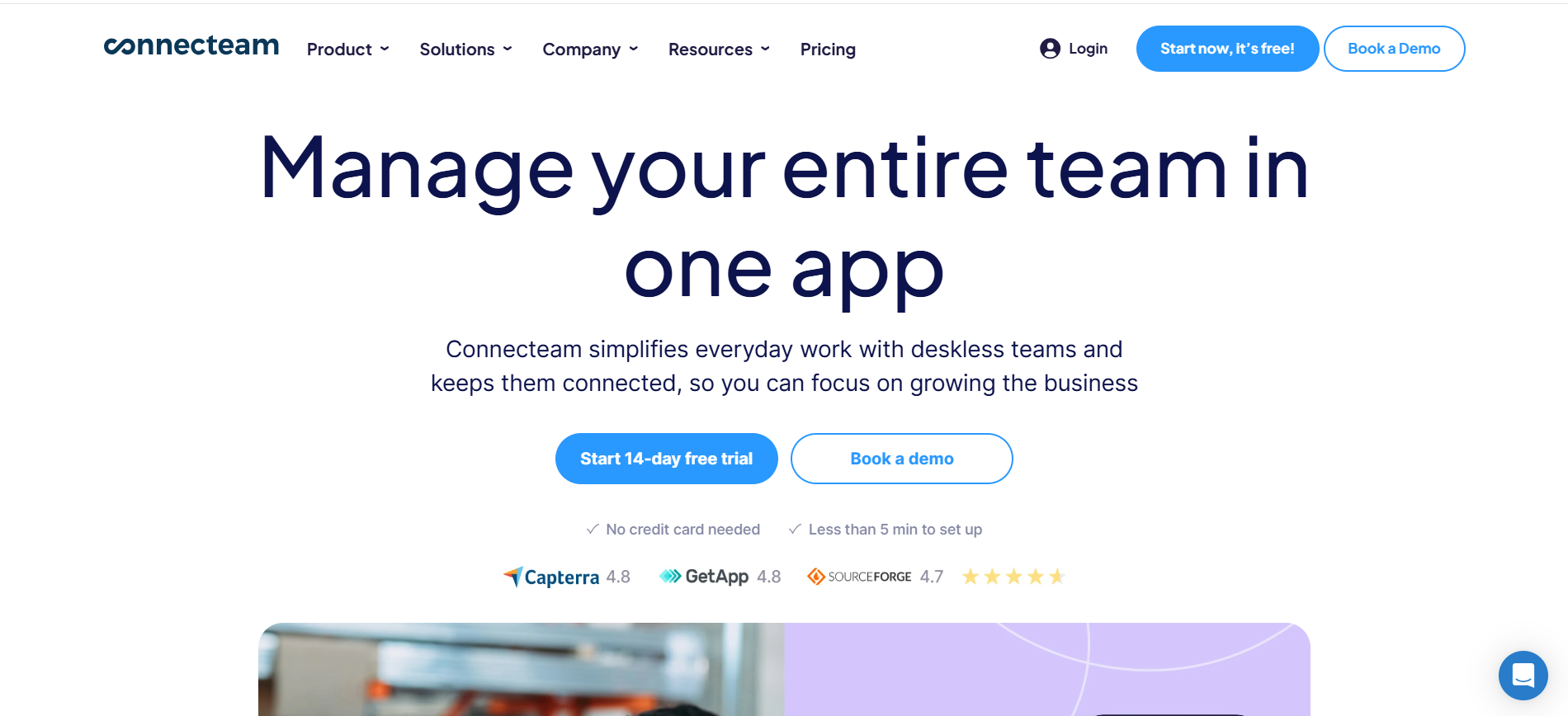
Overview: Connecteam is built for deskless and mobile workforces, helping manage tasks, communication, and HR processes on the go.
Key Features
- Task checklists and forms
- Time tracking and scheduling
- Employee communication tools
- Training and onboarding modules
- Mobile-first interface
Pros
- Ideal for field service and non-desk teams
- Feature-rich mobile app
- Free plan supports up to 10 users
Cons
- Limited desktop features
- UI feels mobile-first, not universal
Pricing
- Free plan available
- Paid plans start at $29/month (up to 30 users)
Final Verdict
Connecteam is best for small teams and businesses needing a mobile-first task management platform.
#15. Hive

Overview: Hive is a collaborative productivity platform combining tasks, chat, email, and automation in one interface.
Key Features
- Task and project views: Kanban, Gantt, calendar
- Native chat and email integration
- Time tracking and timesheets
- Workflow automation
- Templates and project analytics
Pros
- All-in-one workspace for communication and tasks
- Great for hybrid and distributed teams
- Intuitive and responsive UI
Cons
- May be feature-heavy for basic users
- Occasional performance issues with large projects
Pricing
- Free plan available
- Paid plans start at $12/month per user
Final Verdict
Hive is best for teams needing a collaborative task hub with built-in messaging and automation.
Conclusion
Choosing the right task management software can significantly improve productivity, streamline communication, and support collaboration across teams of all sizes. In 2026, businesses in the USA have access to a wide range of tools that go beyond simple to-do lists. From AI-powered automation in ClickUp to visually intuitive planning in Monday.com and developer-focused workflows in Jira, there’s a platform to suit every business model and team structure.
Whether you’re a small business looking for simplicity and affordability or a large enterprise in need of advanced analytics and integrations, the tools outlined in this guide offer diverse features, pricing, and scalability. Evaluate your team’s specific requirements, including workflow preferences, project complexity, integration needs, and budget to make the best choice.
By selecting a solution aligned with your business goals, you can enhance team collaboration, ensure timely project completion, and maintain visibility across all your initiatives.
Frequently Asked Questions (FAQs)
What is the best task management software for small businesses?
Tools like Trello, Todoist, and Zoho Projects are ideal for small businesses due to their ease of use, affordability, and essential task tracking features.
Which platforms offer free plans?
Most tools like ClickUp, Monday.com, Asana, Trello, Jira, and Notion offer free plans with limited features. These are great for individuals and small teams.
What software is best for software development teams?
Jira is the leading choice for agile development teams. It supports sprint planning, issue tracking, and DevOps integrations.
Can these tools integrate with third-party apps?
Yes, platforms like ClickUp, Asana, Monday.com, and Airtable offer extensive integrations with tools like Slack, Google Workspace, Zoom, GitHub, and more.
Are there tools with built-in time tracking?
Yes. Tools like ClickUp, Teamwork, Hive, and Smartsheet have native time tracking features to monitor hours and productivity.
Which is best for remote and distributed teams?
Asana, Notion, and Hive are excellent for remote teams, offering collaboration features, real-time updates, and integrated communication tools.
What’s the most customizable tool on the list?
ClickUp and Airtable offer deep customization with flexible workflows, task views, and automation capabilities.
Which platforms are mobile-friendly?
Most tools offer mobile apps, but Connecteam, Todoist, and Expensify are particularly mobile-optimized for on-the-go management.
How should I choose the right tool for my team?
Evaluate your team’s size, type of projects, preferred workflow (Kanban, Gantt, etc.), integration needs, and budget to make an informed decision.
Are there tools without per-user pricing?
ProofHub offers flat-rate pricing regardless of user count, making it cost-effective for larger teams.
